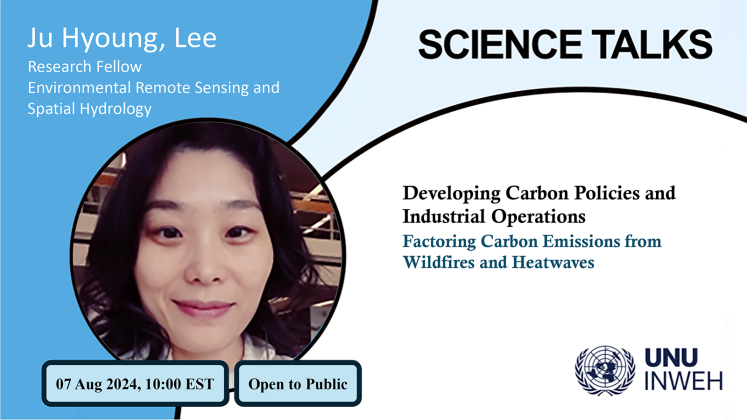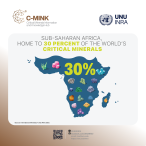Despite the forest paradox that heat-stressed forests act as huge carbon emitters and heat storage rather than carbon sequestration, the current Paris Agreement and carbon neutrality scheme do not reflect these naturally occurring carbon emissions in discussing reforestation or carbon balance. In recent years, heat waves have become more prevalent, and wildfires have grown larger and more frequent. The biggest biome forests in the world have transitioned from carbon sinks to super-carbon emitters that exceed annual carbon sequestration ability. However, most carbon and forest policies, federal laws, and political campaigns explicitly focus on reforestation or afforestation. Such management can worsen ongoing heat waves and wildfires, further accelerating climate change. In this seminar, we will review the current status quo of how science can contribute to making carbon policies and governance align with our changing global environment and thoroughly re-examine the limitations of traditional science in making reasonable decisions and coping with the global crisis and carbon mitigation. We will also contemplate new strategies and specific measures for utilizing space information from satellites to better regulate timber business activities in the future.
Watch the video
Speaker

Dr. Ju Lee
Research Fellow
Environmental Remote Sensing and Spatial Hydrology






